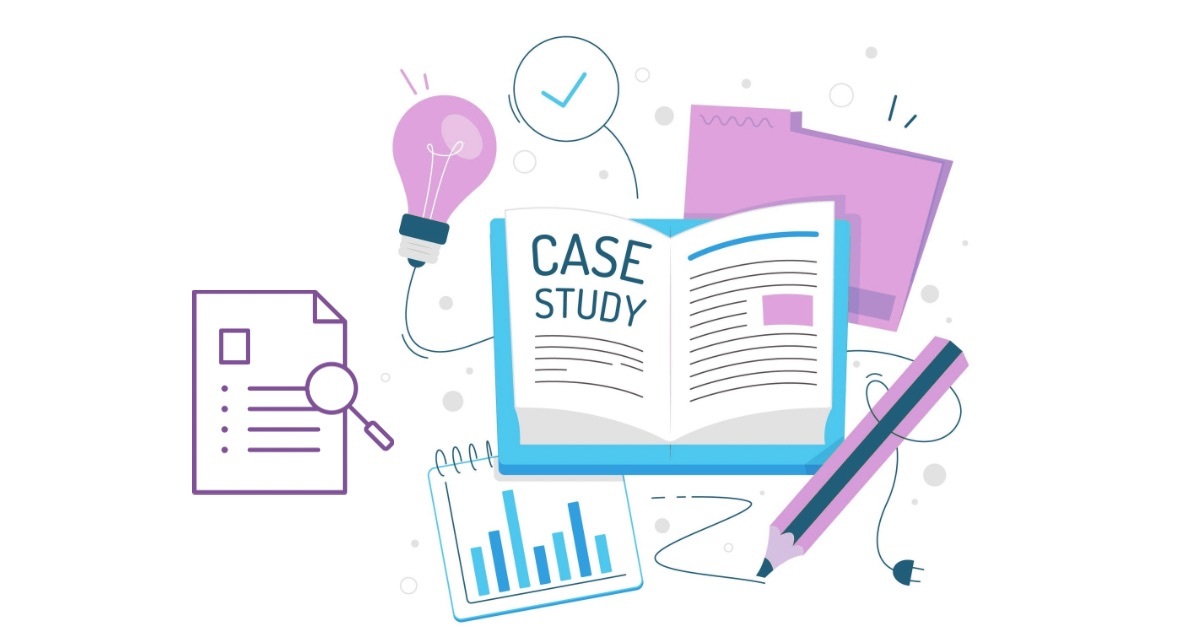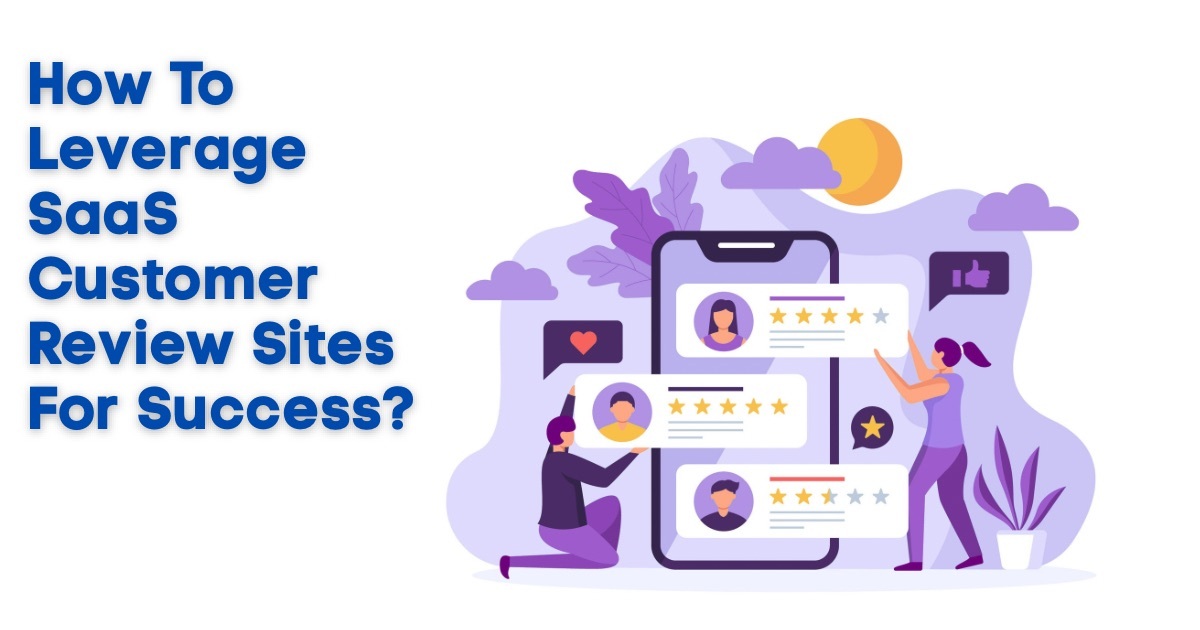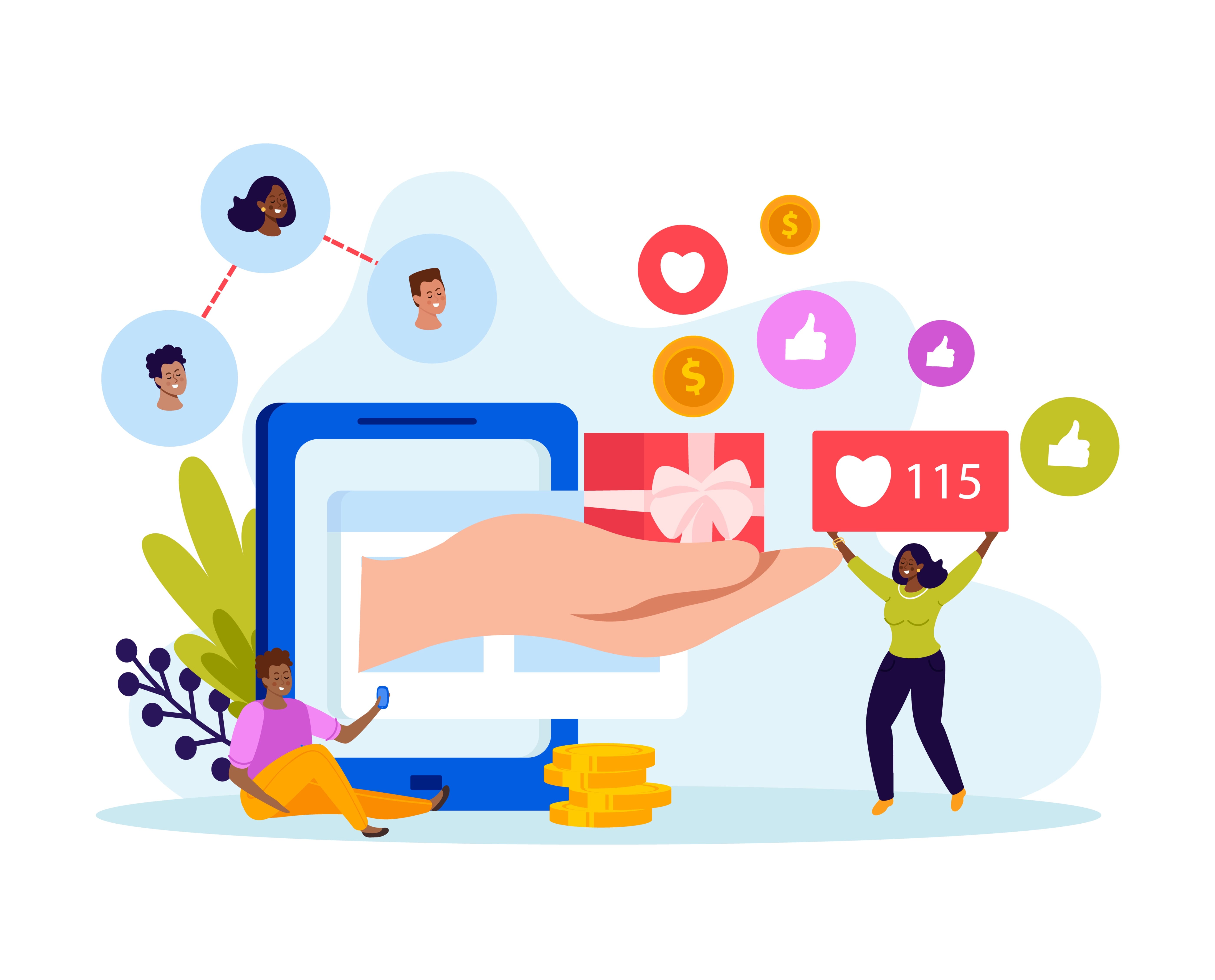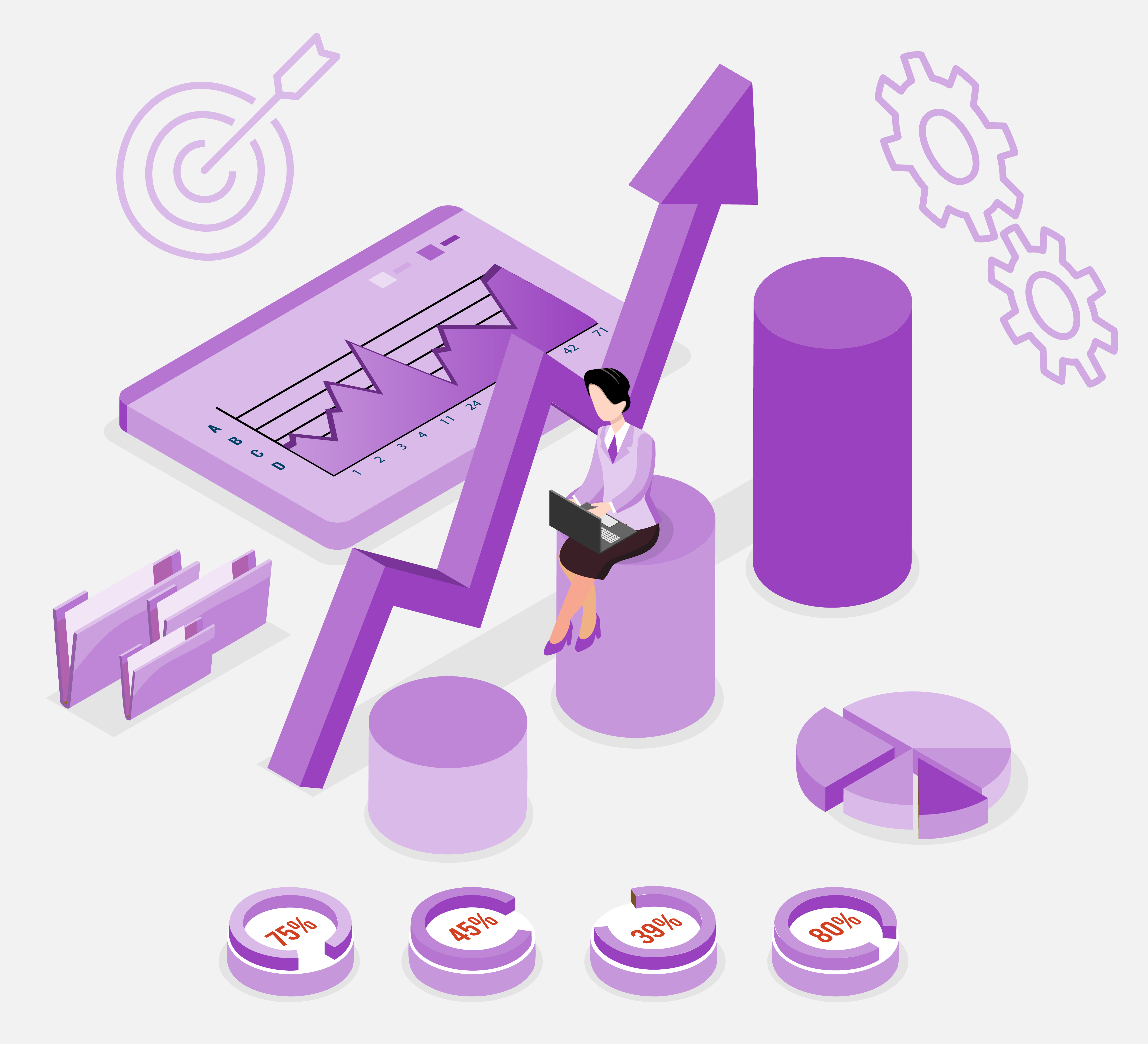The SaaSpirin Blog
Topics:
SaaS
What Are Some Advanced Strategies for Using Case Studies to Reduce Decision Time in B2B Sales?
By Nicolas Jacobeus on January 30, 2026

Topics:
Case studies
Topics:
Testimonial
Topics:
Testimonial
Topics:
Testimonial
Topics:
Testimonial
- January 2026 (12)
- December 2025 (10)
- November 2025 (7)
- October 2025 (3)
- September 2025 (10)
- August 2025 (1)
- July 2025 (2)
- June 2025 (1)
- May 2025 (1)
- April 2025 (1)
- March 2025 (2)
- January 2025 (1)
- November 2024 (3)
- October 2024 (2)
- September 2024 (1)
- July 2024 (1)
- February 2024 (4)
- January 2024 (2)
- December 2023 (1)
- November 2023 (3)
- May 2023 (1)
- February 2023 (3)
- January 2023 (3)
- December 2022 (1)
- December 2021 (2)
- November 2021 (4)
- October 2021 (3)
- September 2021 (4)
- August 2021 (3)
- July 2021 (5)
- June 2021 (1)
- May 2021 (1)
- March 2021 (1)
- February 2021 (1)
- January 2021 (1)
- December 2020 (1)
- November 2020 (1)
- October 2020 (2)
- September 2020 (2)
- August 2020 (1)
- July 2020 (2)
- June 2020 (1)
Learn about the SaaSpirin regimen
We’re a full-service video case study creation team that seamlessly transforms your customer successes into polished, high-impact stories.




.png)


.jpeg)
-2.png)
